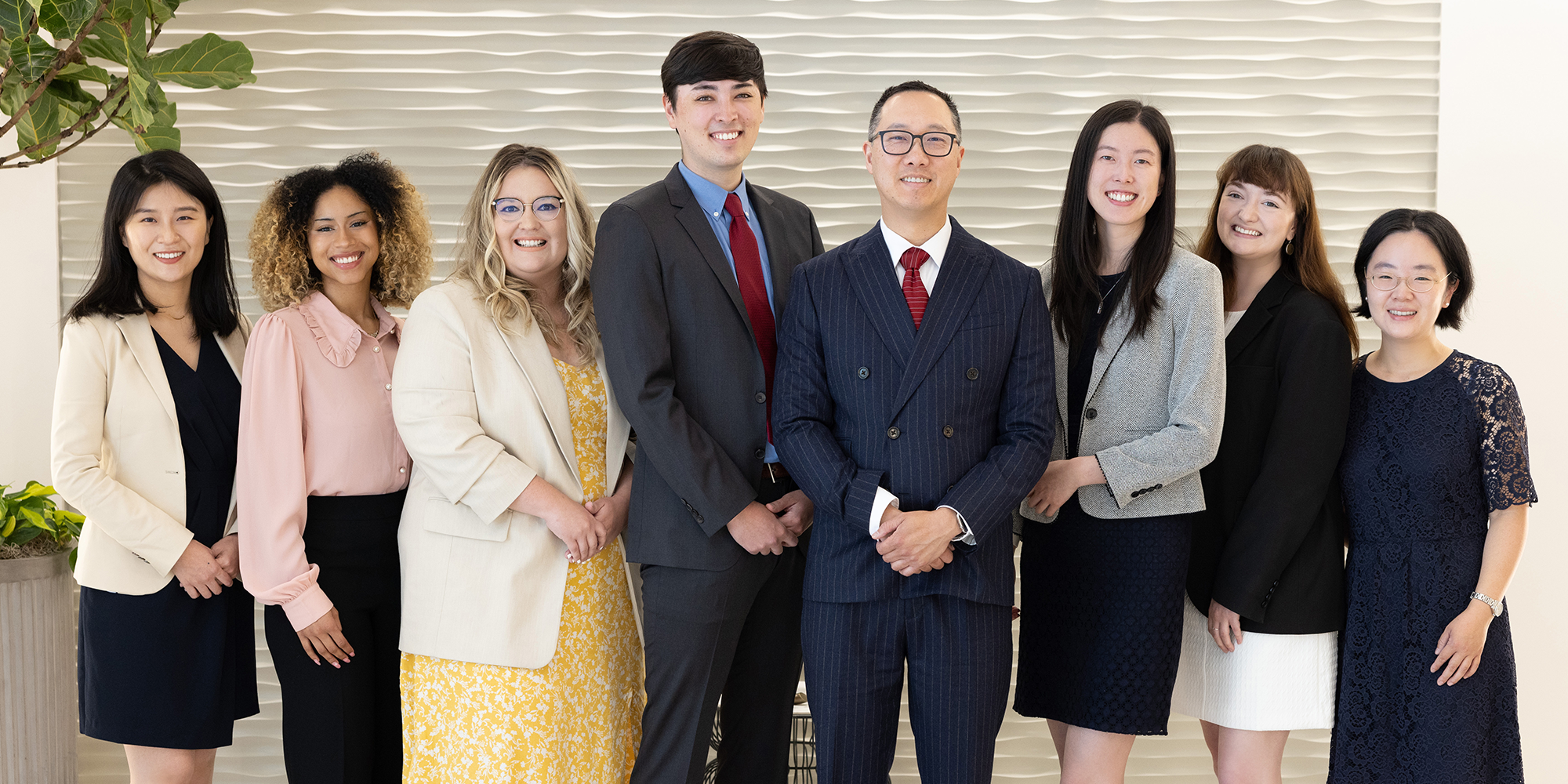In 2018 we wrote about how the Trump administration filed a suit to stop the implementation of the International Entrepreneur Rule (IER), which allowed some startup founders to stay in the U.S. for 30 months or longer to grow their businesses. The administration argued that there was no public comment period held by the Department of Homeland Security (DHS). The federal court upheld the administration’s argument, but the DHS still accepted IER applications, leaving a lot of uncertainty surrounding the program and its future.
The DHS reinstituted in 2021, thus again allowing crucial leaders of recently formed startups to again work under the IER.
The rules for those who qualify are:
- The applicant must have a significant stake in the startup
- The startup is no older than five years.
- The startup must have substantial and demonstrated potential to scale up and create jobs quickly.
- The company must have at least $250,000 from qualified investors with an established track record.
- Other compelling evidence, such as awards or grants from government agencies or admission into a competitive startup accelerator, also works.
Meeting the above conditions allows the entrepreneur to stay in the country for 2.5 years, but they can extend that time if they meet renewal criteria.
Families also allowed
As with many other types of visas, the entrepreneur’s spouse and unmarried children can also apply – this would be done separately using a different form. It is a parallel process that enables the family to stay as long as the entrepreneur.
Acceptance is not a given
Entrepreneurs looking to get their business off the ground or take it to another level must provide a valid argument with facts and a strong presentation. Those with questions or concerns regarding an IER should contact an immigration law attorney with experience working with international businesses and technology companies in the Bay Area.


